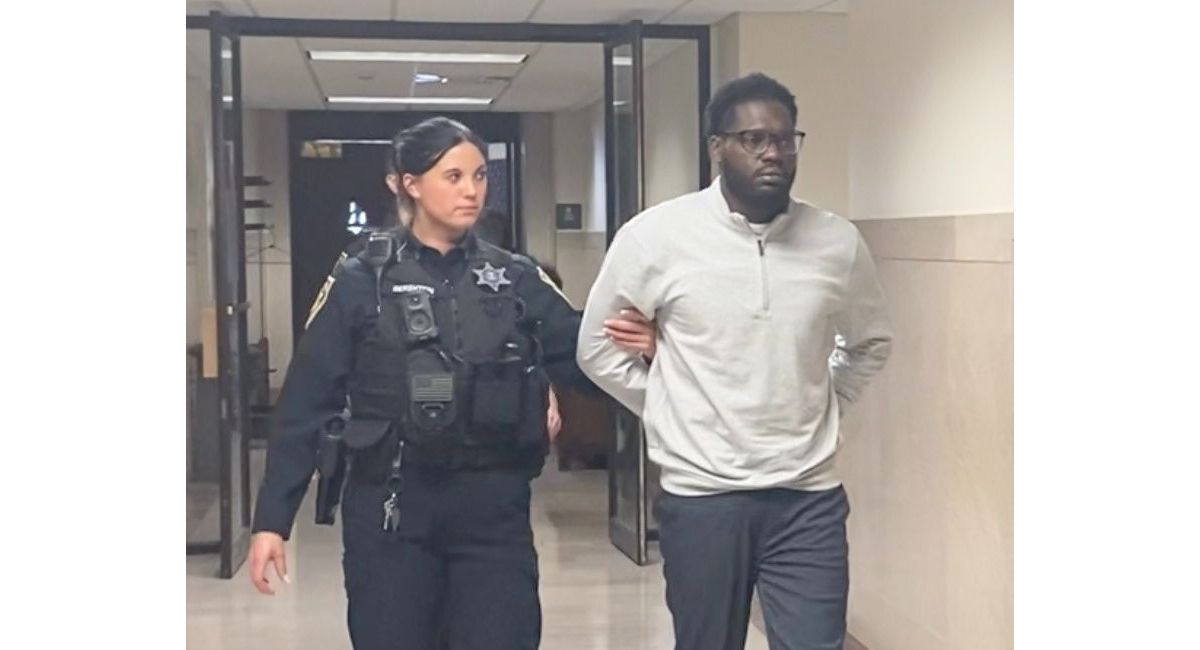Tanzanian President Samia Suluhu Hassan is being sworn in shortly for a second term amid tight security, following an election marred by violent protests and rejected by the opposition as a sham.
The inauguration ceremony is being held at a military parade ground in the capital, Dodoma, in an event closed to the public but broadcast live by the state-run Tanzania Broadcasting Corporation (TBC). Samia was declared the winner on Saturday with 98% of the vote. She faced little opposition, with key rival candidates either imprisoned or barred from running.
International observers have raised concerns about the transparency of the election and its violent aftermath, with hundreds of people reportedly killed and injured. Authorities have sought to downplay the scale of the violence. It has been difficult to obtain information from the country or verify the death toll amid a nationwide internet shutdown that has been in place since election day.
In her victory speech, Samia described the poll as “free and democratic” and characterized the protesters as “unpatriotic.” Opposition leaders and activists, however, claim that hundreds were killed in clashes with security forces. The opposition Chadema party told the AFP news agency that it had recorded “no less than 800” deaths by Saturday, while a diplomatic source in Tanzania told the BBC there was credible evidence that at least 500 people had died. The UN human rights office earlier cited credible reports of at least 10 deaths in three cities.
Following the unrest, prices of food, fuel, and other essentials have more than doubled or tripled in many areas. Schools and colleges remain closed, and public transport has been halted.
Chadema, which was barred from competing, rejects the results announced by the electoral commission, saying they have “no basis in reality as the truth is that no genuine election took place in Tanzania.” The party has called for a fresh election. On election day, polling stations remained largely empty, though electoral authorities later reported a turnout of 87%.
On Sunday, police spokesman David Misime blamed motorbike operators and foreign nationals for the violent demonstrations and vandalism. He claimed that individuals had “entered the country illegally with the intention of causing chaos” in Arusha, Dar es Salaam, Mbeya, Mwanza, and Songwe provinces. Except for the port city of Dar es Salaam, these areas lie near the borders with Kenya, Uganda, Zambia, and Malawi.
Misime urged Tanzanians to report “any foreigner who is unknown or whose activities in Tanzania are unclear” to the authorities. His remarks come amid reports that several Kenyan nationals have gone missing in Tanzania. Kenyan activist Hussein Khalid said on X that he had received reports of a Kenyan teacher being killed and others still unaccounted for.
The situation in Tanzania has sparked global concern. On Sunday, Pope Leo XIV called for prayers, saying the post-election violence had erupted “with numerous victims.” EU foreign affairs chief Kaja Kallas urged Tanzanian authorities to exercise restraint to preserve lives, while UN Secretary-General António Guterres expressed that he was “deeply concerned” about the situation, including reports of deaths and injuries.
—
**Related Articles:**
– A coronation, not a contest
– Tanzania’s first female president faces little opposition
– Why Samia’s hesitant reforms are fuelling Tanzanian political anger
– Why elections are a time of fear for albino Tanzanians
—
Stay updated on this developing story and other news from the African continent through BBC Africa podcasts and at BBCAfrica.
https://www.yahoo.com/news/articles/tanzania-president-being-sworn-election-083007419.html


